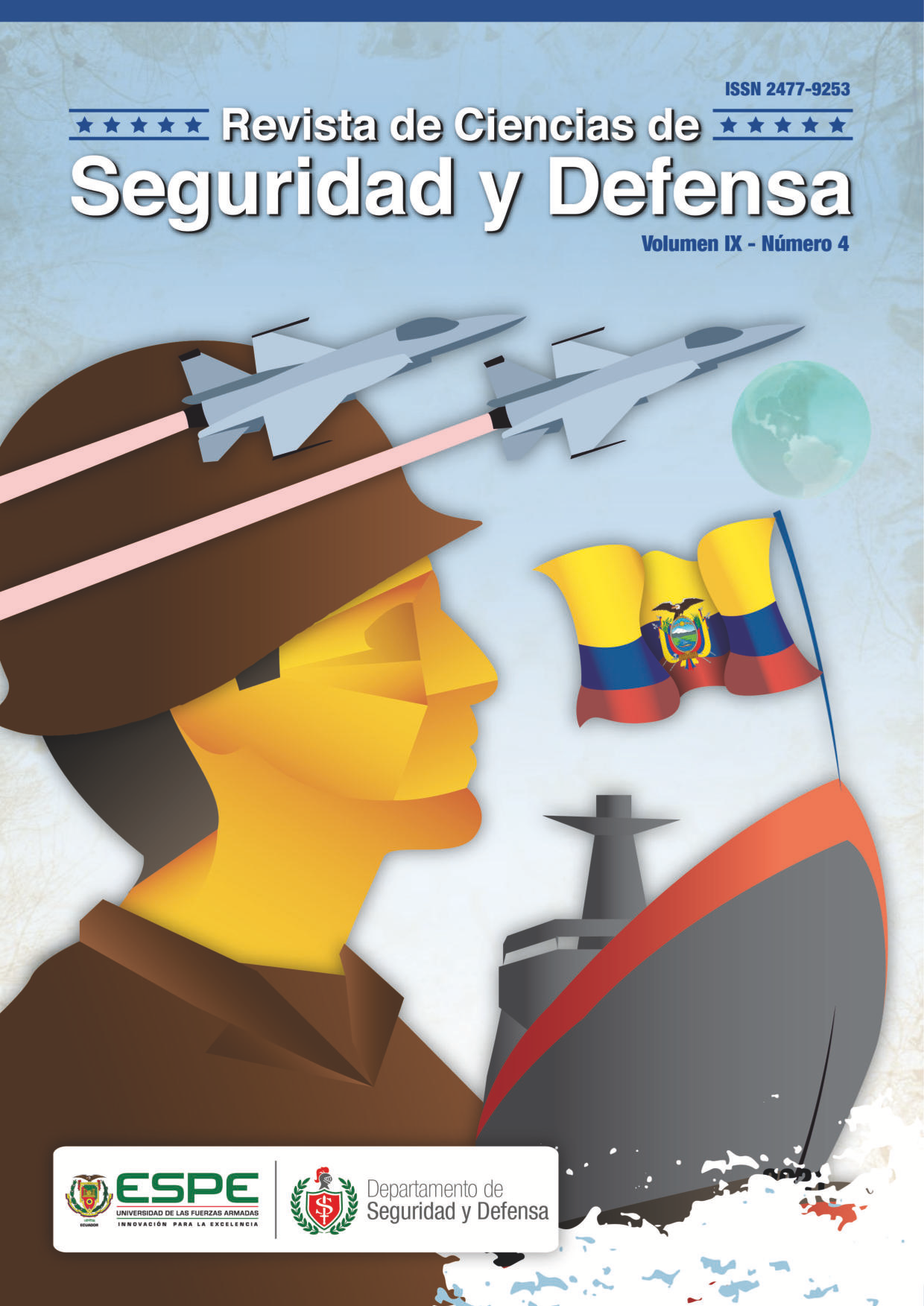Electric Power Generation Microgrids for the Self-Sufficiency of Remote Units of the Armed Forces
Main Article Content
Abstract
The purpose of this article is to propose the application of multiple electric power generation techniques for the implementation of a combined system of renewable energy sources (RES), with characteristics such as scalability, efficiency, sustainability, resilience and environmental friendliness, installed in frontier units or units whose location complicates the connection to the national electric system. This concept, known as alternating current electric power generation microgrids, are systems that allow taking advantage of all existing means of electric generation. In this proposal, we will consider only renewable resources such as sun, wind, water, biomass, etc., for the generation and later control the distribution of the generated power in an optimal and efficient way. From the military point of view, these microgrids make it possible to optimize the fulfillment of assigned missions, especially in border units or military installations with electrical power deficits. The proposal is based on energetically self-sufficient units existing in all the Armed Forces (AF) of the world, whose electrical power generation systems (EPG) operate autonomously, such as ships, airplanes, overseas units or those which, due to their location or function, are isolated from the national energy system. The orography of our country, generally offers many advantages for the EPG, which allows taking advantage of the existing natural resources for the generation of electric power, the evaluation of the RES in places where detachments, telecommunications repeaters, aerial and/or maritime surveillance systems have been installed, is essential for the implementation of microgrids.
Downloads
Article Details

This work is licensed under a Creative Commons Attribution-NonCommercial 4.0 International License.
Politicas de acceso y reuso
El autor, conserva el derecho a ser propietario intelectual del artículo y podría solicitar al Director de la Revista el uso posterior de este trabajo.
El lector, tiene derecho a enviar los comentarios que crea conveniente sobre los artículos de la revista, y a participar en los foros que se organicen en torno de los artículos de la revista.

